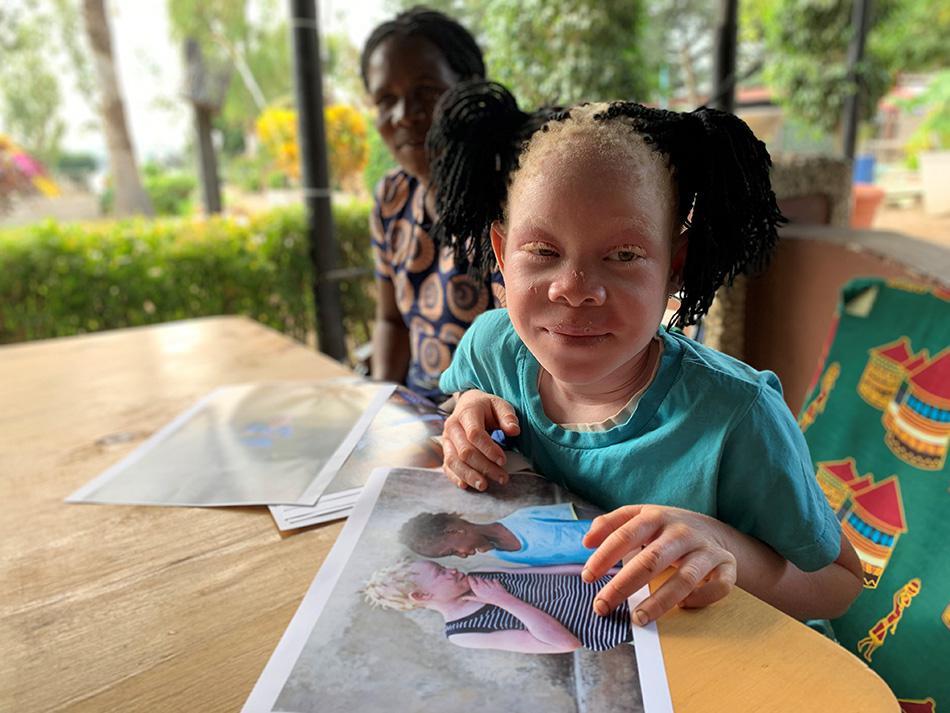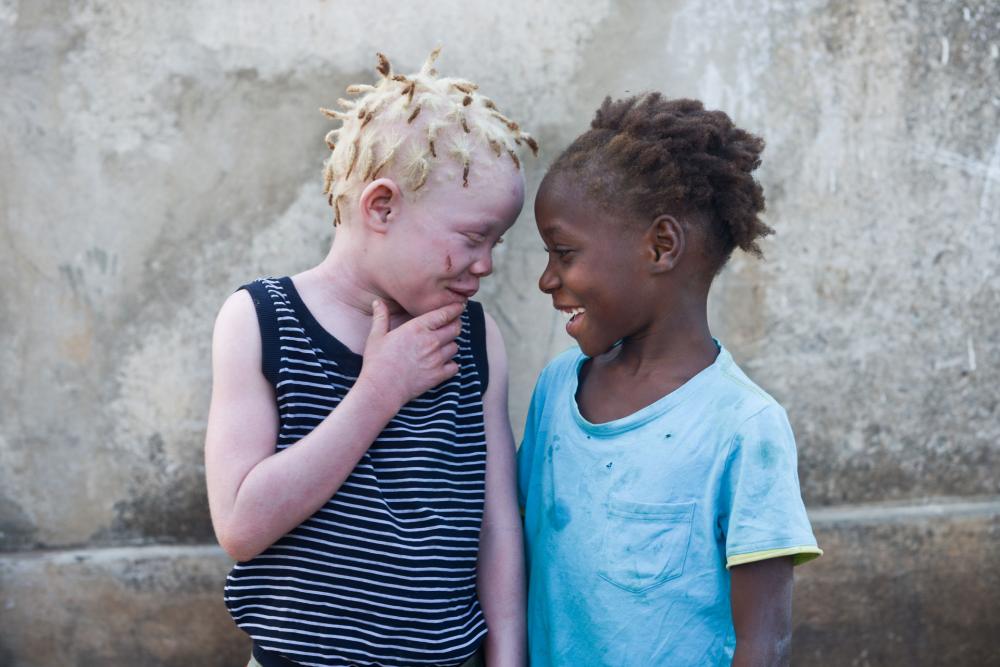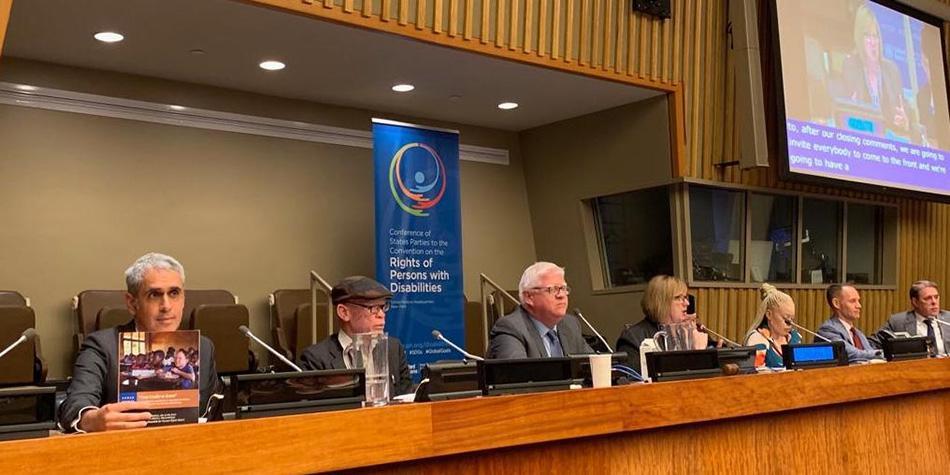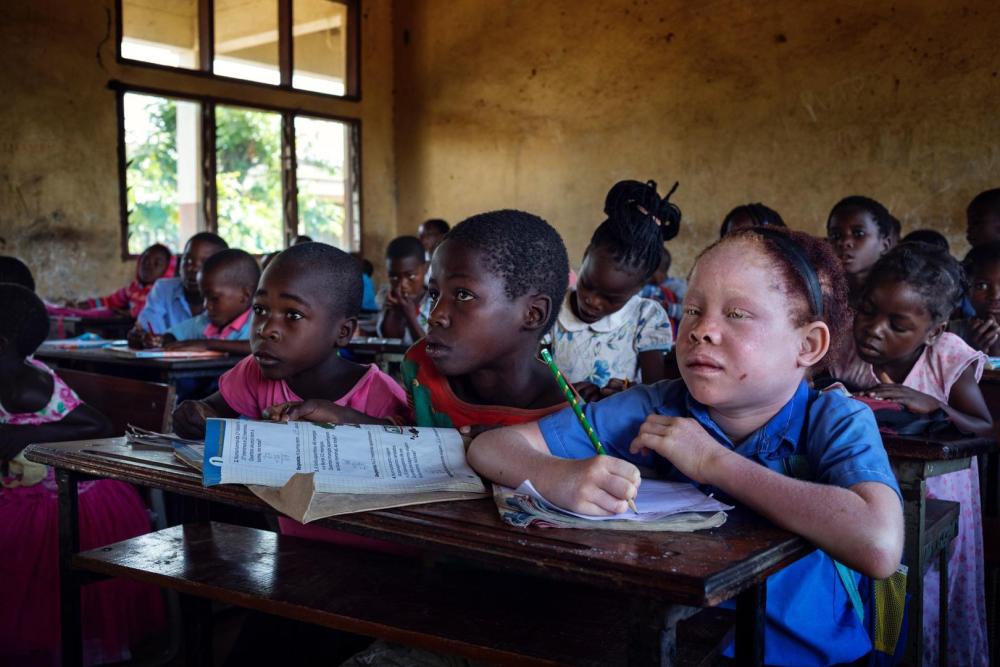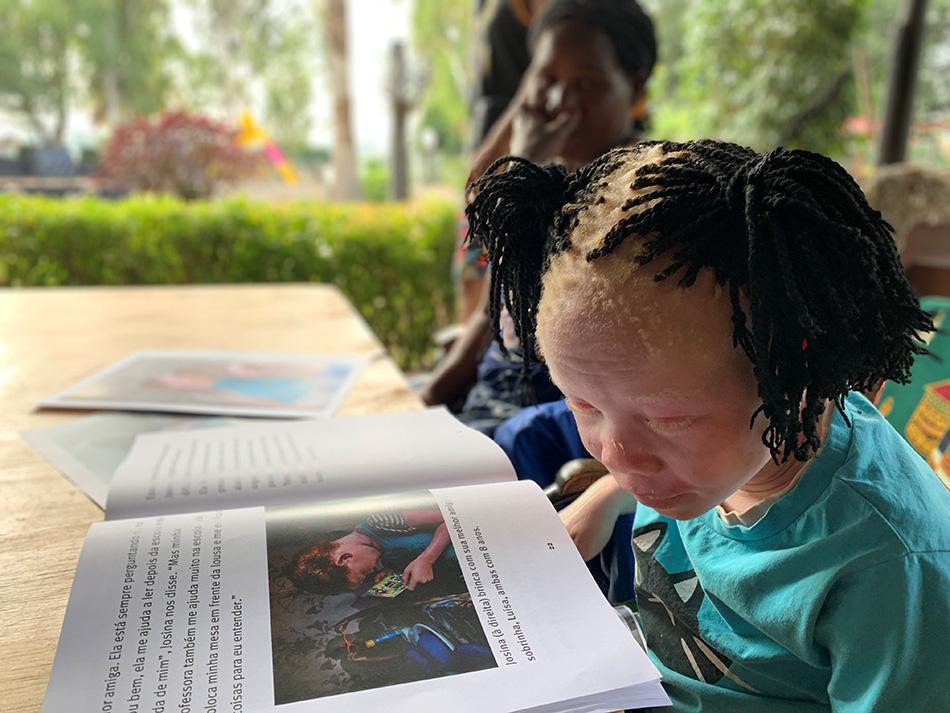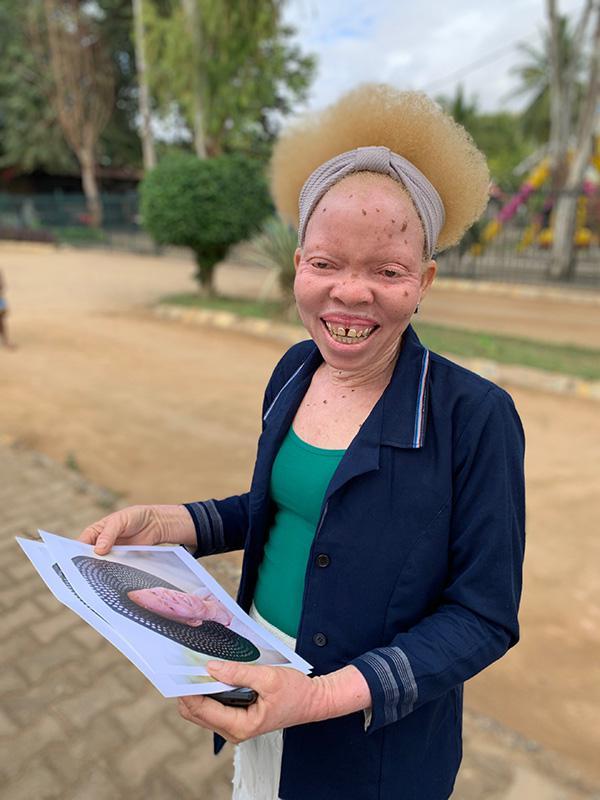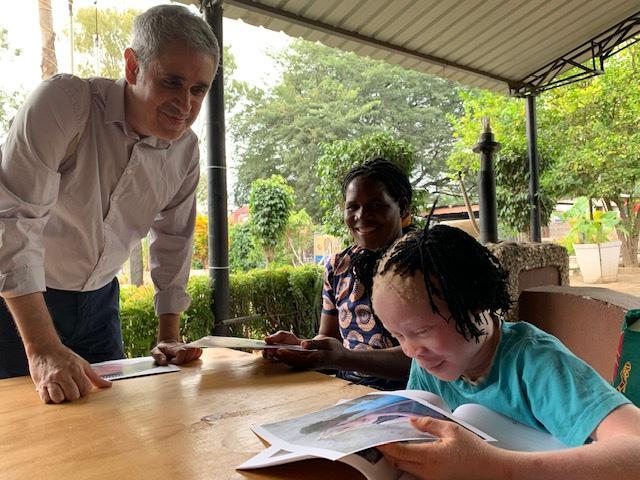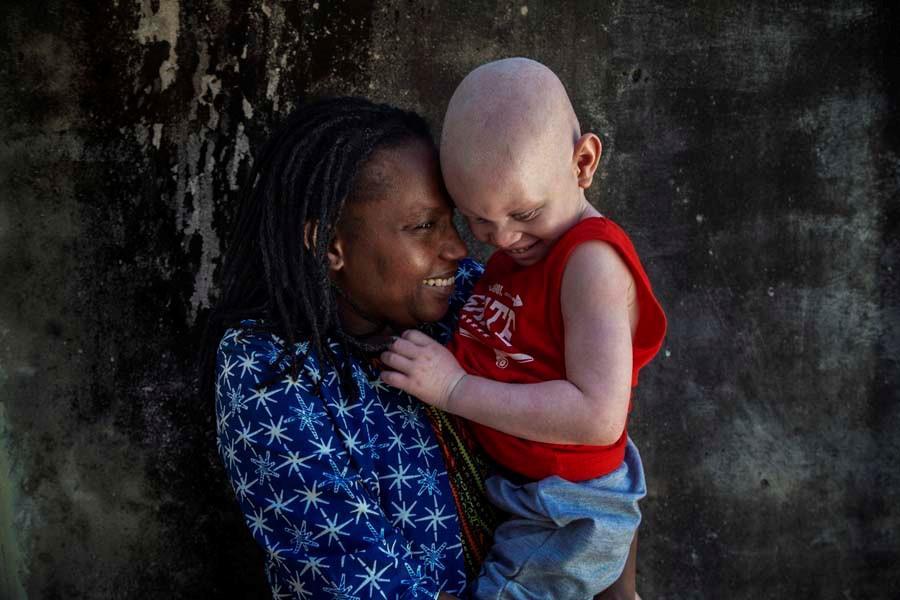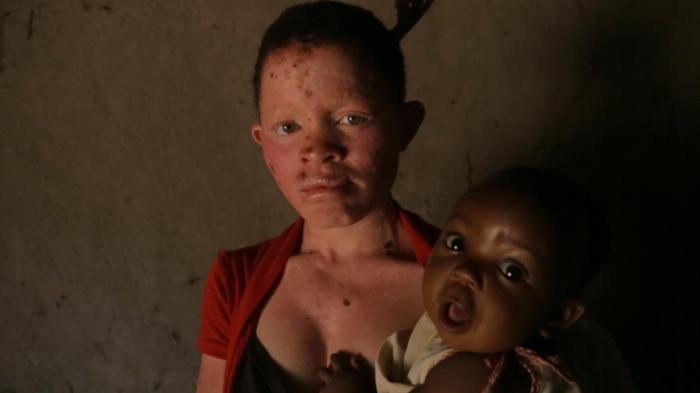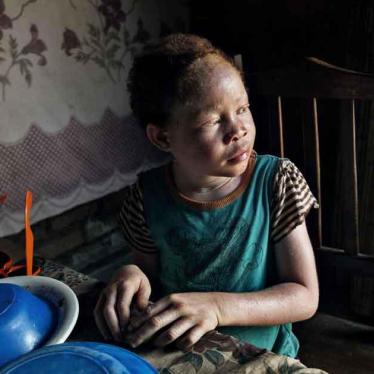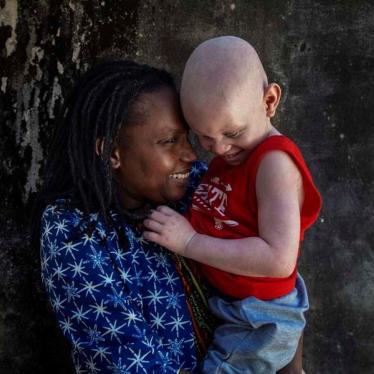I recently read an article about the abduction of an 11-year-old girl in Nampula Province, Mozambique. She was later found dead with her limbs cut off. Why? Because she had albinism, a genetic condition in which the body produces lower levels of melanin, the pigment in your skin. People with albinism in Mozambique can face extreme violence, including killings, abductions, and mutilations because some believe their body parts hold magical powers and bring good fortune.
I just came back from Tete, Mozambique, where Human Rights Watch documented the violence, isolation, and discrimination people with albinism in Mozambique experience their entire lives: “From Cradle to Grave.” They face difficulties going to school, getting a job, being part of their communities. They endure name-calling, verbal abuse, and the threat of kidnapping and violence. Many wish they were invisible.
We met people like Cesaria, a teacher with albinism who told me her students are afraid to touch her, but who demonstrated incredible resilience and courage.
We spent time with Josina and her niece Luisa (who doesn't have albinism), 8-year-olds who embody the spirit of friendship, love, and inclusion.
We spoke with Revita, a teacher who has ensured Josina gets an education along with her peers. Revita’s gift to Josina and all the children in her classroom goes beyond the lessons in a textbook; she is teaching them about compassion, equality, and human rights.
We shared these examples of courage and inclusion with Mozambique’s Minister of Gender, Children and Social Welfare. We brought them to the United Nations in New York, with the UN expert on the rights of persons with albinism, Ikponwosa Ero, a woman with albinism herself.
We also took our report to the albinism community in Tete, Mozambique, printed in large font since many people with albinism have low vision.
We played our documentary in the only movie theater in the city, and I saw tears running down their faces. A singer with albinism sang to the crowd, “If we’re Mozambicans, we’re human beings too.” They no longer wished to be invisible.
The Mozambique government should invest in sensitization programs and teacher training so that there are more educators like Revita and more communities that accept children like Josina as they are. The government should also implement a series of measures focused on protection, prevention, accountability, and non-discrimination contained in the 2017 Regional Action Plan on Albinism.
While it’s essential the government does its part, we all share the responsibility to ensure every human being – with or without albinism – is treated with dignity and included in our communities. Children with albinism like Josina deserve no less.

